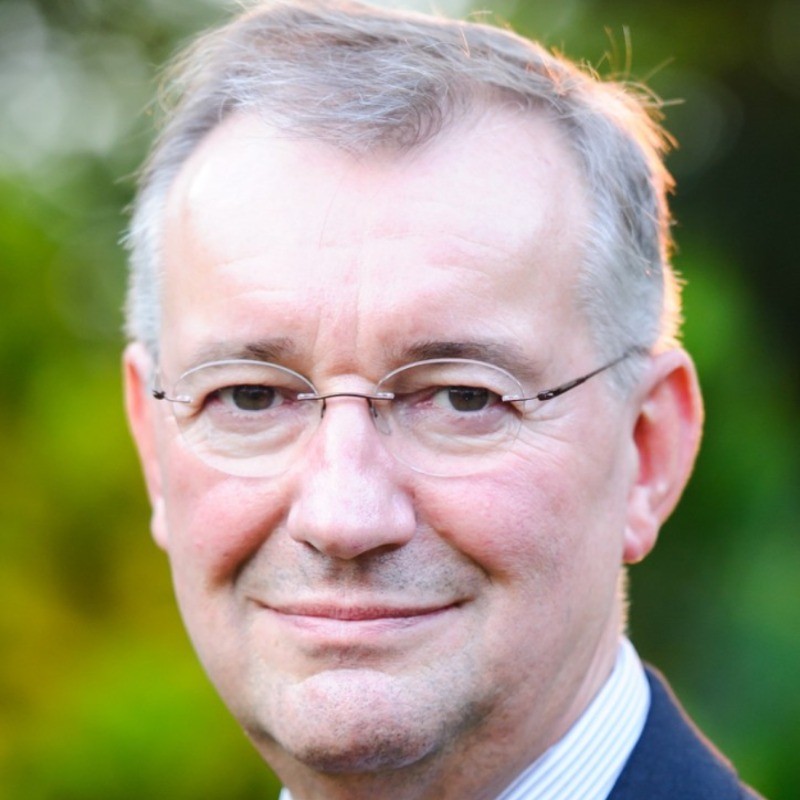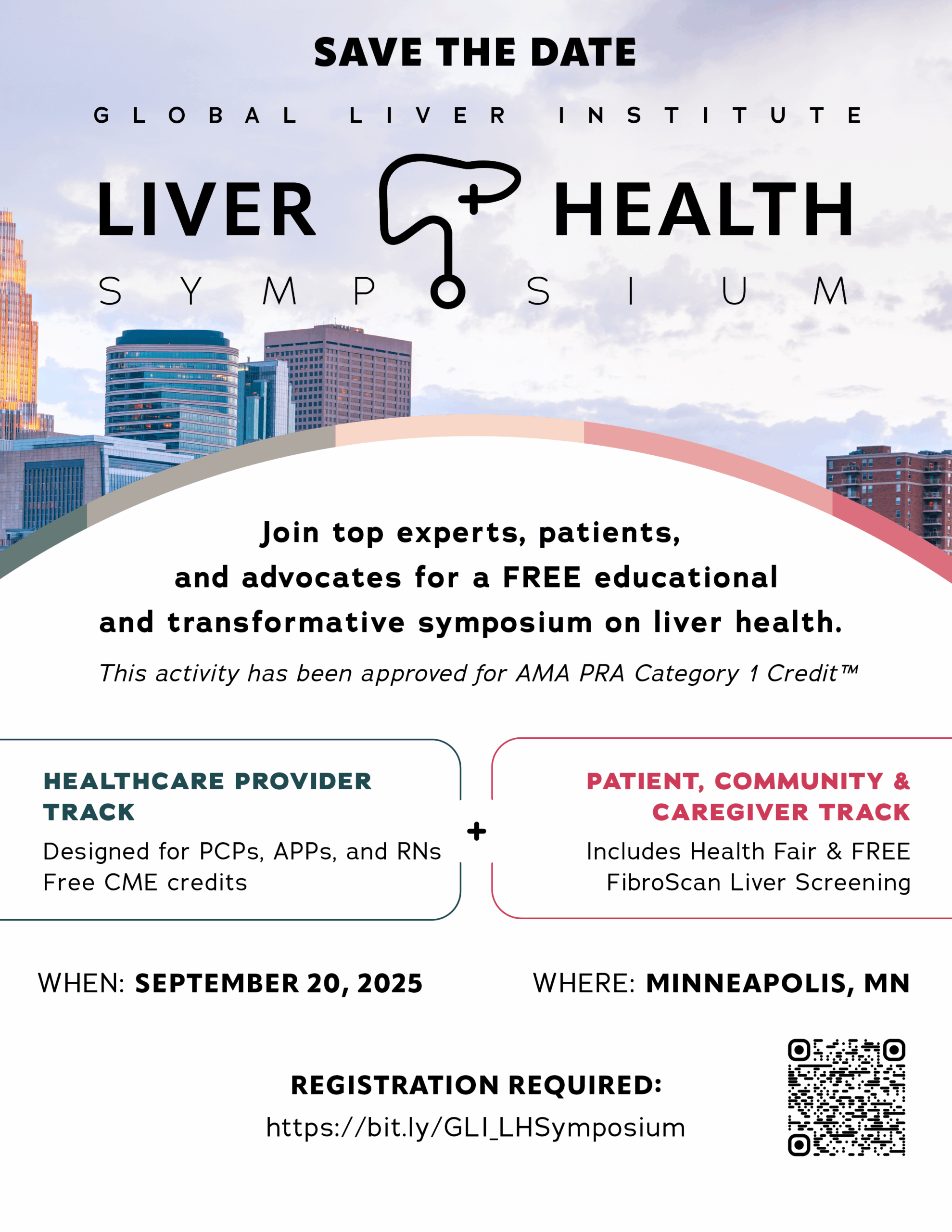
Driving Progress in Rare Liver Disease
Patient Story Feature:
From Patient to Pioneer: Frans Frielink’s Journey with Alpha-1 MZ
When years of fatigue, inflammation, and unanswered symptoms left him without a diagnosis, Frans Frielink, an engineer by training, turned his problem-solving skills inward. What began as a personal health crisis became a data-driven investigation into the Pi*MZ genotype of alpha-1 antitrypsin deficiency. His experience led him to uncover patterns in global data, connect with researchers, and push for a redefinition of what it means to be a “carrier.”
Frans Frielink’s story offers a look at how one patient’s persistence is shaping ongoing research and awareness of an overlooked liver health risk.
The ORPHAN Cures Act Has Passed!
The ORPHAN Cures Act has officially passed into law! This is more than just a policy victory; it’s a shift in how we accelerate research for patients living with rare diseases.
Here’s what you need to know:
- What’s Next: Federal agencies like the FDA will begin implementing the Act, developing guidance, frameworks, and opportunities for public input. Patients and advocates can stay engaged to ensure these guidelines are shaped not by governing entities but by patient voices and experiences.
- What Patients Should Know: The patients’ voice played a key role in getting this passed, and it will be just as vital in making sure the law delivers. There will be more opportunities to contribute your lived experience, and hopefully faster access to treatments.
- What This Means for Drug Development: The Act encourages the use of real-world evidence and regulatory flexibility, making it easier to study existing treatments for new uses and driving innovation for conditions previously considered too rare to pursue. This is our opportunity to ensure that the drugs that are sitting on a shelf do not remain there.
Celebrating the passage of the Sunshine Genetics Act
In Florida, the Sunshine Genetics Act (H.B. 907) has officially passed, thanks to the leadership of Rep. Adam Anderson (R-Palm Harbor) and the bipartisan support of Florida lawmakers who recognized the urgent need for early detection in rare diseases. This law launches a five-year pilot program offering free, opt-in whole genome sequencing for newborns, giving families the opportunity to detect serious but treatable conditions before symptoms appear. It also establishes the Sunshine Genetics Consortium and the Florida Institute for Pediatric Rare Diseases (FIPRD) at Florida State University’s College of Medicine, bringing together the state’s leading experts in research, clinical care, and biotech innovation.
With $3 million allocated for the pilot, $4.5 million in state funding for FIPRD, and an additional $2 million commitment from FSU, the university is investing over $7 million to expand early diagnosis, provider education, and precision medicine research.
Get Involved with the New Rare Disease Advisory Council in Rhode Island
Rhode Island has officially passed legislation establishing its Rare Disease Advisory Council (RDAC), giving rare disease patients and families a stronger voice in state healthcare policy. This council will bring together patients, caregivers, healthcare providers, and policymakers to improve awareness, access to care, and research opportunities for the rare disease community.
While voting members of the Rhode Island RDAC are appointed, patients and caregivers can still get involved by attending public meetings, submitting comments, and staying informed through state health updates.
Glycogen Storage Disease Type 1a Gene Therapy Trial Begins at UConn and Connecticut Children’s
UConn and Connecticut Children’s have launched a multi-year clinical trial testing a groundbreaking gene therapy aimed at delivering a precise genetic fix for Glycogen Storage Disease Type 1a (GSD1a). This rare disorder, affecting about 1 in 100,000 people, causes severe metabolic complications including life-threatening low blood sugar, liver and kidney damage, and impaired growth. Patients must follow extremely strict diets, often relying on continuous cornstarch feeding around the clock to maintain their blood sugar levels, which profoundly impacts daily life. This trial aims to dramatically improve the lives of those living with GSD1a and hopefully other rare liver diseases as well.
Exciting Disease-Altering Research in Primary Sclerosing Cholestasis
In a newly published study, researchers found that Aramchol, a drug known for rebalancing fat metabolism in liver cells, may do more than protect the liver; it appears to directly interrupt the cycle of inflammation and fibrosis seen in primary sclerosing cholangitis (PSC). This is particularly significant for PSC patients, many of whom eventually require liver transplants, with the disease often recurring even after transplant. By targeting the underlying cellular damage, Aramchol offers the possibility of a disease-modifying treatment. Since this drug has shown effectiveness in both mouse models and human liver cells, and has an established safety profile in people, it holds promise as a potential future therapy for PSC.
Global Liver Institute’s Liver Health Symposium is Next Month
Global Liver Institute’s Liver Health Symposium is coming to Minneapolis, MN on Saturday, September 20, 2025—and you’re invited! This FREE, in-person event is open to both community members/patients and healthcare providers, with two distinct tracks designed to meet your needs.
For Community Members & Patients:
Learn how to protect your liver, understand your risk, and take action for your health. Hear from local healthcare experts and patient advocates, explore educational health booths, ask questions in live Q&A sessions, and receive a free liver screening.
For Healthcare Providers:
Join leading experts from Mayo Clinic and other top institutions to improve your knowledge of liver disease detection, management, and treatment. Earn free CME credits while gaining practical tools to improve patient care and participate in a provider-only workgroup focused on advancing liver care delivery.
Upcoming Events
- August 6 – 8, 2025 – 15th Australasian Viral Hepatitis Conference, Melbourne, Australia
- August 8, 2025 – 11th Annual GI Symposium 2025, Cleveland, OH
- August 22 – 24, 2025 – Asian Hepatology Summit, Singapore
- August 27 – 28, 2025 – Commercial Excellence in Rare Disease Summit, Boston, MA
- September 3 – 4, 2025 – Global Genes RARE Drug Development Symposium, Boston, MA
- September 5 – 8, 2025 – Global Liver Institute’s Advanced Advocacy Academy (A3), Washington, D.C.
- September 9 – 11, 2025 – Critical Path Institute Global Impact Conference, Washington, D.C.
- September 12 – 14, 2025 – PSC Partners Seeking a Cure 21st Annual Conference, Denver, CO
- September 18 – 20, 2025 – 8th Conference on Liver Disease in Africa (COLDA), Ghana, Accra
- September 20, 2025 – Liver Health Symposium, Minneapolis, Minnesota
-
For more information about the Pediatric and Rare Liver Diseases Council or to learn more about joining, please visit our webpage or email pedsrare@globalliver.org.


